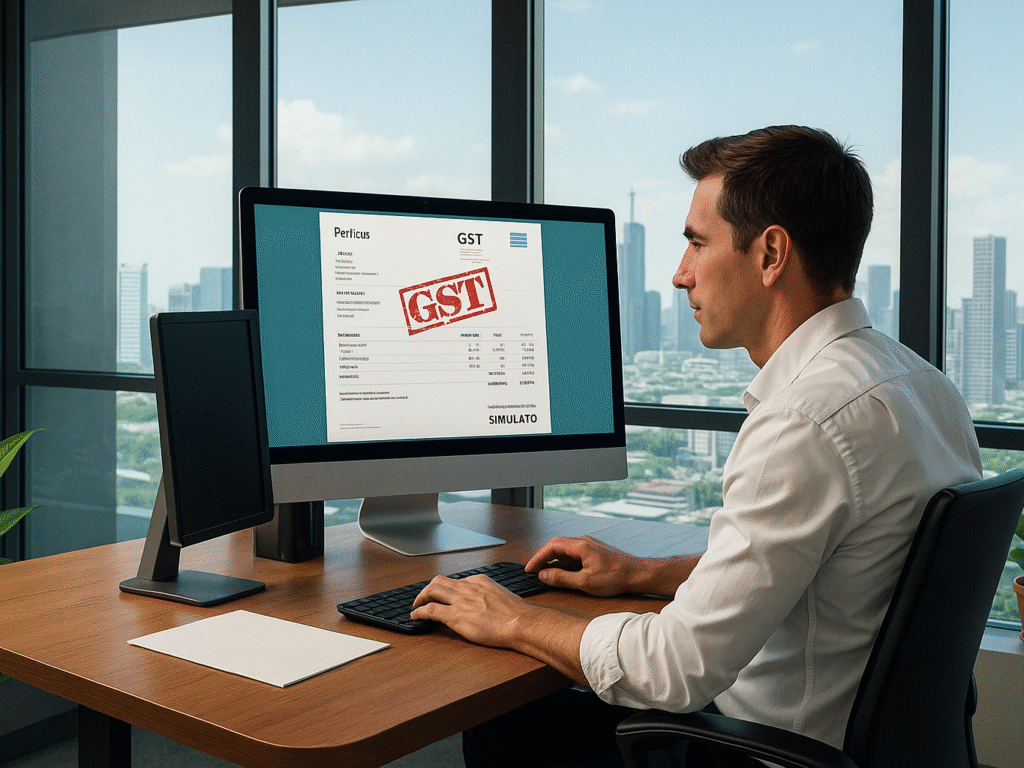As a business owner in Singapore, the journey toward retirement can be complex and nuanced, differing significantly from that of salaried employees. Unlike traditional employees who might rely on CPF (Central Provident Fund) savings and employer-sponsored retirement plans, business owners must navigate a unique landscape of challenges and opportunities. The stakes are often higher, with more variables to consider, making strategic planning crucial.
This comprehensive guide explores essential tips and strategies that business owners in Singapore should consider when planning for retirement.
The Importance of Early Planning
Early planning is key to a successful retirement, offering more flexibility and options for securing your financial future. For business owners, early planning allows for the accumulation of a robust retirement fund, the diversification of investments, and the ability to make informed decisions regarding the future of their business.
- Building a Financial Safety Net: Begin by establishing a financial safety net, which might include setting aside emergency funds, investing in long-term savings vehicles, and ensuring you have adequate insurance coverage. This financial buffer helps to protect your retirement plans from unexpected disruptions.
- Understanding Your Business Valuation: Knowing the value of your business is essential for retirement planning. Regular business valuations provide insights into your business’s worth, which is crucial when considering options like selling the business or succession planning. Keeping track of your business’s valuation over time allows you to make informed decisions about your retirement timeline.
- Diversifying Investments: Relying solely on your business as your retirement nest egg can be risky. Diversifying your investments, both within and outside your business, helps spread risk and provides financial security. Consider investing in stocks, bonds, real estate, and other asset classes available in Singapore to build a well-rounded retirement portfolio.
Retirement Savings Options for Business Owners in Singapore
Singaporean business owners have access to several retirement savings options that can help secure their financial future. Each plan comes with specific rules, benefits, and tax implications, making it essential to choose the right one based on your individual needs.
- CPF (Central Provident Fund): Although primarily designed for salaried employees, business owners in Singapore can voluntarily contribute to their CPF accounts. CPF savings can be a vital part of your retirement plan, as they offer tax relief on contributions and provide a source of retirement income through CPF LIFE.
- Supplementary Retirement Scheme (SRS): The SRS is a voluntary scheme that complements the CPF. Contributions to the SRS are eligible for tax relief, and the scheme offers more flexibility in investment choices. Withdrawals from the SRS are only partially taxed, making it a tax-efficient way to save for retirement.
- Personal Investment Portfolios: In addition to CPF and SRS, consider building a personal investment portfolio. This can include investments in Singapore Savings Bonds, Unit Trusts, or even real estate. A diversified portfolio helps spread risk and can provide a steady stream of income in retirement.
Selling Your Business as a Retirement Strategy
For many business owners, the sale of their business represents a significant part of their retirement income. However, selling a business in Singapore requires careful planning and execution.
- Timing the Sale: The timing of your business sale is crucial. Ideally, you want to sell when the business is performing well and market conditions are favorable. It’s also important to align the sale with your personal retirement goals.
- Preparing Your Business for Sale: To maximize the sale price, your business needs to be in optimal condition. This involves streamlining operations, strengthening financial statements, and ensuring compliance with Singapore’s legal and regulatory requirements. A well-prepared business is more attractive to potential buyers and can command a higher price.
- Choosing the Right Buyer: Finding the right buyer is critical for a successful sale. Whether it’s an individual buyer, a competitor, or a private equity firm, understanding the different types of buyers and their expectations will help you find the best fit for your business.
- Structuring the Sale: The structure of the sale can have significant tax implications. In Singapore, capital gains tax does not apply, but the structure of the sale (e.g., asset sale vs. share sale) can impact the overall proceeds. It’s advisable to work with a financial advisor and tax professional to optimize the sale structure.
Succession Planning: Passing the Torch
If your goal is to keep your business within the family or pass it on to a trusted employee, succession planning becomes crucial. A well-crafted succession plan ensures a smooth transition and the continued success of the business.
- Identifying a Successor: Start by identifying a suitable successor, whether it’s a family member, key employee, or an external candidate. The successor should not only understand the business but also share your vision for its future.
- Training and Mentoring: Once a successor is identified, they need to be properly trained and mentored. This process can take years and should be carefully managed to ensure that the successor is fully prepared to take over the business.
- Legal and Financial Considerations: Succession planning in Singapore involves several legal and financial considerations, including estate planning, tax implications, and the transfer of ownership. Working with legal and financial professionals can help navigate these complexities.
Managing Personal Finances for Retirement
In addition to planning for your business’s future, it’s essential to manage your personal finances to ensure a comfortable retirement. This includes budgeting, debt management, and estate planning.
- Creating a Retirement Budget: A retirement budget helps you estimate future expenses and determine how much income you’ll need in retirement. Consider factors like healthcare costs, lifestyle expenses, and potential long-term care needs in Singapore’s context.
- Managing Debt: Entering retirement with significant debt can strain your finances. Focus on paying down high-interest debt and avoid taking on new debt as you approach retirement.
- Estate Planning: Estate planning is essential for protecting your assets and ensuring that your wishes are carried out after your death. In Singapore, this includes creating a will, setting up trusts, and considering the tax implications of your estate.
Tax Strategies for Business Owners in Retirement
Tax planning is a critical component of retirement planning for business owners in Singapore. Effective tax strategies can help you maximize your retirement savings and minimize liabilities.
- Deferring Income: One tax strategy is to defer income to years when you expect to be in a lower tax bracket. This can be done through retirement accounts like the SRS, which allow you to defer taxes on contributions until withdrawal.
- Capital Gains Tax Considerations: While Singapore does not have a capital gains tax, the structure of your investments and the timing of asset sales can impact your overall tax situation. It’s important to consider the tax treatment of different income sources in your retirement plan.
- Tax-Efficient Withdrawals: Planning how and when to withdraw money from your retirement accounts can have a significant impact on your overall tax liability. A strategy that balances taxable and tax-free income sources, such as CPF and SRS, can help minimize taxes.
Healthcare Planning in Retirement
Healthcare is a significant expense in retirement, and planning for these costs is crucial in Singapore.
- Health Insurance: As you approach retirement, securing adequate health insurance is critical. If you retire before the age of 62, consider purchasing a private health insurance plan. After 62, the MediShield Life scheme provides basic healthcare coverage, but you may want to supplement it with an Integrated Shield Plan.
- Long-Term Care Insurance: Long-term care can be expensive, and many retirees may require some form of long-term care at some point. ElderShield and CareShield Life are government schemes designed to help cover long-term care costs in Singapore.
- Medisave Planning: Your Medisave account can be used to pay for healthcare expenses in retirement. It’s important to ensure that you have sufficient funds in your Medisave account to cover potential healthcare needs.
Protecting Your Retirement Savings
Protecting your retirement savings is as important as building it. This involves managing risk, avoiding fraud, and ensuring that your savings last throughout your retirement.
- Diversifying Investments: Diversification is key to managing investment risk. Ensure that your retirement portfolio is well-diversified across different asset classes and sectors to reduce the impact of market volatility.
- Guarding Against Fraud: Retirees are often targets for financial fraud. Be vigilant about protecting your personal information, and be cautious of any investment opportunities that seem too good to be true.
- Longevity Planning: With people living longer than ever, it’s important to ensure that your retirement savings last. This might involve adjusting your withdrawal rate, considering annuities, or delaying CPF LIFE payouts to maximize your income.
Planning for retirement as a business owner in Singapore requires careful consideration of both your personal and business finances. Whether you’re selling your business, passing it on to a successor, or simply stepping back to enjoy the fruits of your labour, the key to a successful retirement lies in early, strategic planning.
At Intime, we understand the unique challenges that business owners face when planning for retirement in Singapore. Our team of experienced financial advisors and tax professionals is here to help you navigate the complexities of retirement planning and ensure that you achieve your retirement goals.
Ready to take the next step in your retirement planning journey?
Contact Intime today to schedule a consultation and secure your financial future.






Disclaimer: The information contained in this blog is for general information purposes only and is not intended as legal advice. While we endeavour to provide information that is as up-to-date as possible, Intime Accounting makes no warranties or representations of any kind, express or implied about the completeness, accuracy, reliability, suitability or availability with respect to the content on the blog for any purpose. Readers are encouraged to obtain formal, independent advice before making any decisions.